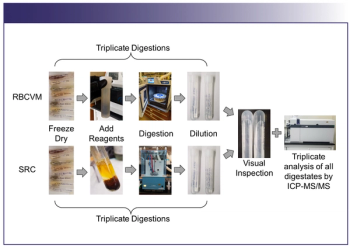
Remains of World's Oldest Brain Reportedly Discovered
Working on a site in a cave in southeastern Armenia, an archeological expedition claims they have found the remains of the world?s oldest human brain. They believe it is over 5,000 years old.
Working on a site in a cave in southeastern Armenia, an archeological expedition claims they have found the remains of the world’s oldest human brain. They believe it is over 5,000 years old.
Mass spectrometry was used in the analysis of the sample, which was performed at the Keck Carbon Cycle Accelerator Mass Spectrometry Laboratory, University of California, Irvine. This analysis confirmed that one of three human skulls found at the site contained particles of a human brain, which was dated to approximately the first quarter of the 4th millennium BC.
The archeological team, which was comprised of members from The U.S., Armenia, and Ireland, was excavating a site overlooking the Arpa River near the town of Areni in Armenia when they made the find. They expect additional finds at the site, which they believe is a ceremonial chamber where various rituals were performed.
Newsletter
Get essential updates on the latest spectroscopy technologies, regulatory standards, and best practices—subscribe today to Spectroscopy.




